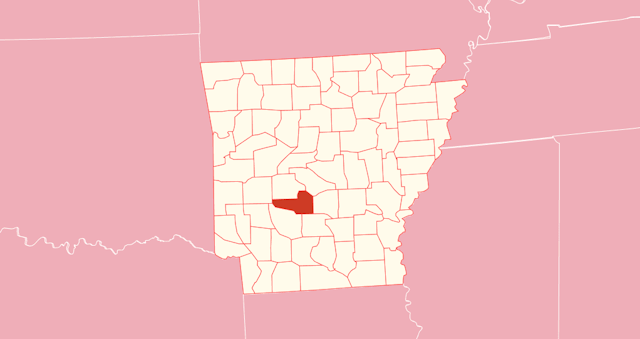Rehabs in Hot Spring
Hot Spring County is located in Arkansas, United States. Malvern is the seat and one of the most popular cities. According to the 2010 census, 34,000 residents called it home.
Hot Spring is an alcohol prohibition county, however, there is no record of the law and many residents use alcoholic beverages. Other than that, they also try illicit drugs illegally at least once in their lifetime. In addition, some people overuse drugs and alcohol so much that it causes a number of health problems and medical emergencies countywide.
Considering this, more and more people need access to the best addiction treatment methods possible. Rehabs in Hot Spring County serve this purpose and try to do their best in the fight against addiction.
Available Treatment Options for Addiction
Before we go on with the available options, it is important to know that such centers treat not only the addiction itself. They also focus on other ongoing issues, disorders, and mental health problems.
Below you can find a brief description of each program. It will help you understand which one you need and whether it is worth it.
Rehab Programs
- Dual diagnosis – when a person has a mental health issue combined with a drug or alcohol addiction. This is a very intensive method to get rid of the illness and addiction at the same time.
- Assessment – a patient cannot start any procedure without having passed the assessment and screening. They help the doctors to figure out the types and quantity of the substances abused. In practice, professionals mainly use blood tests and urine screenings.
- Detox – this is the very first procedure of removing the substances from the patient’s body. During the process, you will need to give up on drugs and alcohol. An individual diet will also help to mitigate the removal of chemicals.
- Inpatient treatment – this rehab option might be the best fit for long-time addicts. When you have overused drugs and have started a dependency on them, it is time to enter an inpatient clinic. Normally, they consist of 30, 60, or 90-day plans. If necessary, the doctor may add more days to the stay period.
- Outpatient treatment – such plans do not force their requirements onto the patient. In addition, one can have more freedom and flexibility during the recovery process. You may visit the clinic several times and week and then return home.
Treatment Centers in Hot Spring County
We have sorted out some of the best centers for addiction treatment. You can view the list below.
BHG Medical Services Hot Springs
BHG specializes in Cognitive behavioral therapy (CBT), as well as offers programs for outpatients. The center also provides medication-assisted options for methadone/buprenorphine or naltrexone treatment.
CHI St. Vincent Rehabilitation Hospital
The clinic offers comprehensive inpatient rehabilitation to its patients. The conditions that they treat include neurological disorders, brain injury, trauma, etc.
Levi Hospital
Levi Hospital is better fitted for clients who need to receive physical therapy along with their everyday plans. The center provides occupational, physical, and speech therapy to assist the recovery process.
Can You Force Your Child Into Rehab?
Generally speaking, the answer is no. If your child is of legal age (18), you cannot make them start the recovery process. It is against the law. Instead, you may try to portray the complete picture for them. That is, you should enumerate the side effects of the problem and how it can affect his/her future. If nothing works, specialists may interfere.
The situation is different for teens aged 17 or younger. In this case, a parent has the legal right to enroll them in a treatment program even if they are not willing to.

